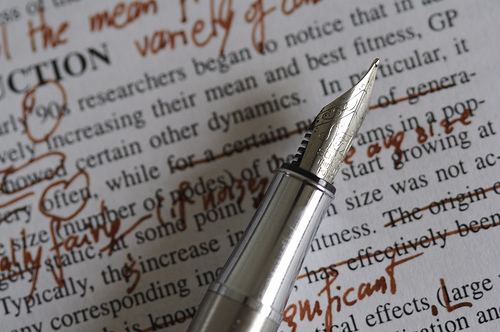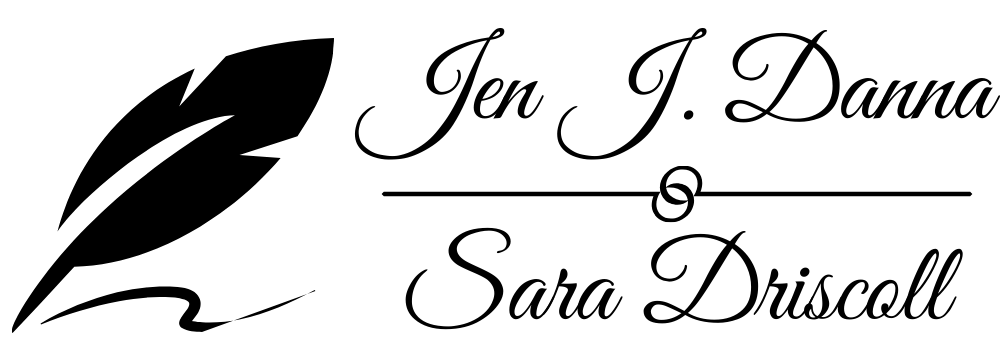Working With An Editor
/
This past week, I had my first experience working with an editor on Dead, Without a Stone to Tell It. I’d heard some words of wisdom before about editorial letters (much of it being ‘have a drink and a box of Kleenex handy’), but it still was an enlightening experience. You think you’re prepared for something, but, low and behold, it can still surprise you in unexpected ways.
So what did I learn from my first editorial experience?
- Your editor is there to help you: Your editor is an asset, not a liability. It’s in the best interest of the publishing house to release a book that is as strong as possible, and your editor is an important part of this process. Remember that he or she is not your enemy.
- Read their comments, then walk away for a while: No one likes to hear criticism about their baby. But the straight truth is that fresh eyes will see things in your manuscript that you don’t, or they won’t understand aspects of your writing simply because they don’t have all the background information you do. I’d heard the advice to walk away long before recieving my first notes, but I have to say that I agree 100%—read your editor’s notes, then give them space until the next day. You may be initially angry or upset about the suggested changes, but if you give yourself a little time and perspective, you’ll likely find that your editor has some absolutely valid points.
- They’re not here to rewrite our books, but to help make them better: Editors make suggestions and point out areas that don’t work, but it’s up to the writer to make the changes. They’re not here to write the book for us; in fact, in the few small sections where my editor made more detailed suggestions in the text, I found I needed to rework them simply because the voice wasn’t right. But the intent was correct and that aspect was retained through my edits.
- You only have so many Diva Points. Use them wisely: No one likes a high maintenance diva but there are times when something is so important that you feel the need to fight for it. That’s fine, but save this for issues that are really crucial. If you do this on a regular basis, your editor is going to be much less likely to consider your suggestions, so make your requests really count for something.
- Editorial letters/notes are fine, but nothing replaces a real time conversation: We’ve all seen it in emails time and again—misunderstandings because of lack of tone or brevity. When I received my notes, there were several things that I had questions about. Gordon was totally open to discussing them so we arranged for a short phone call. More than an hour and a half later (!), we were totally on the same page. There were some things that I’d thought were issues that weren’t, and there were sections where he took the time to explain his thoughts in detail so I totally understood his point of view. With that knowledge, I was able to complete his requested edits with relative ease. Also, there’s something to be said for making a connection with another person, and a real conversation can make an immense difference in your working relationship.
So, all in all, the editorial process turned out to be not so bad after all. More experienced authors, did I miss out on any tips that you’d be kind enough to share in the comments?
Photo credit: Nic’s Events



 59.8%
59.8%